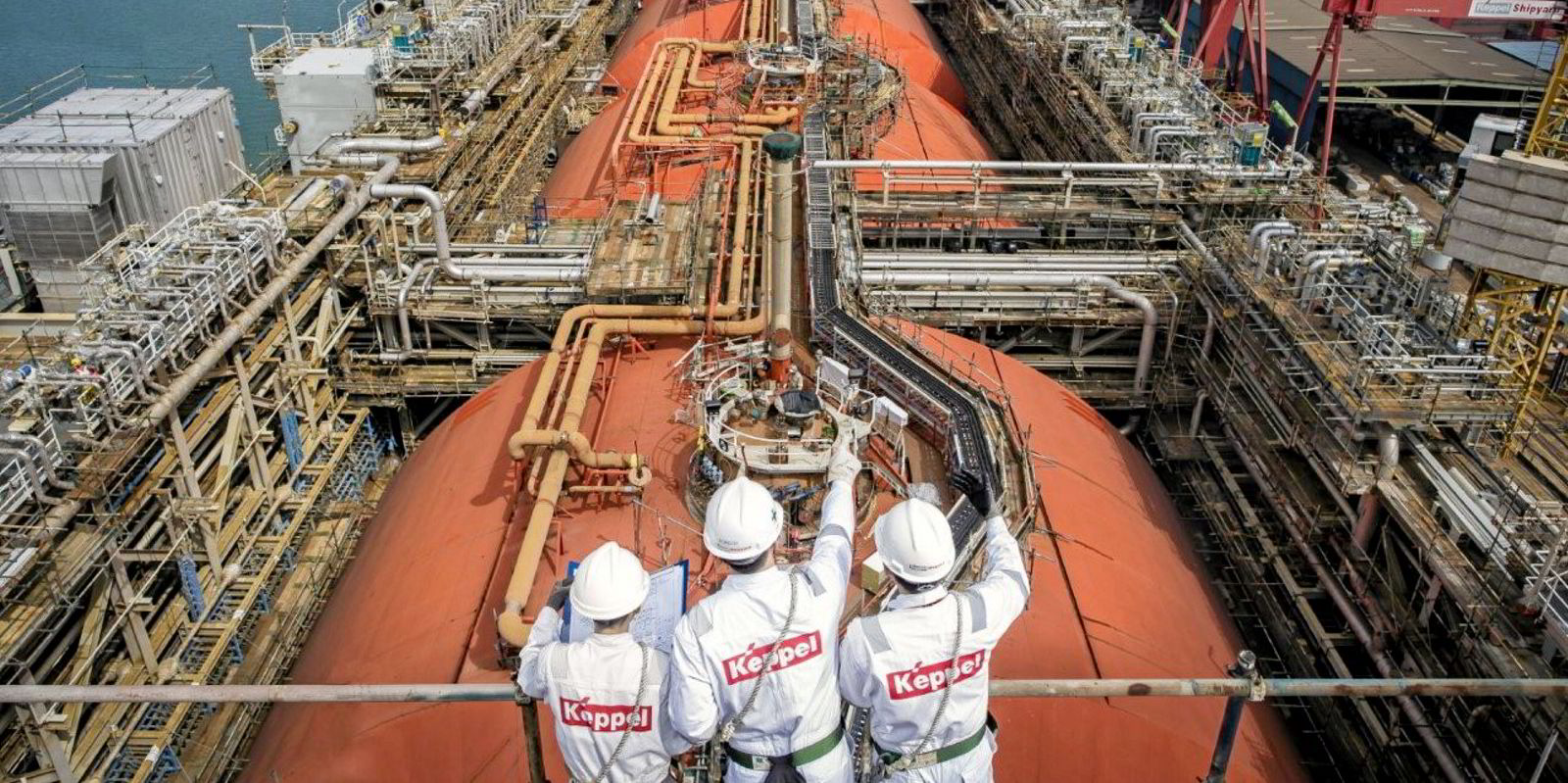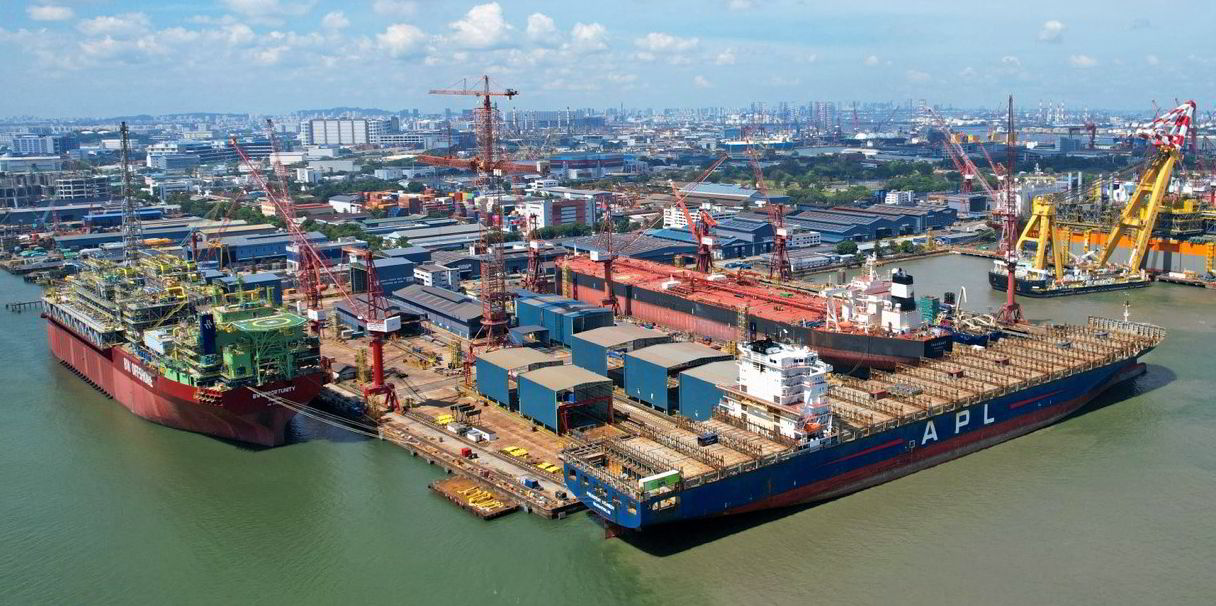Singapore’s shipyards suffered no fatalities in the last third of 2022 following the introduction of a safety awareness campaign.
Official figures show that yards have reported no fatalities since September 2022, compared with five deaths recorded in the first eight months of the year.
The Ministry of Manpower imposed a six-month heightened safety period (HSP) on 1 September after a spate of work-related deaths and injuries.
The monthly average of major injuries in the maritime industries also dropped by more than half, from 1.5 before the HSP to 0.7 from September to November.
Under the HSP, the government introduced “new and tougher measures” to arrest the spate of fatalities, according to the senior minister of state for manpower, Zaqy Mohamad.
Recent inspections found that most shipyards have good workplace safety and health (WSH) management systems, according to the minister.
However, one yard, Techno Fibre was said to have been found with major lapses, including failing to comply with the requirement for a mandatory safety time-out.
The ministry has also launched revised guidelines on the implementation of a WSH management system for marine industries.
The guidelines call for senior management and employees to take greater responsibility for health and safety.
Zaqy urged all maritime companies to refer to the guidelines, which he said would be “mutually beneficial” for the company and its workers.
“Not only would workers be more assured, having a good safety track record is ultimately good for business, as many customers take safety record into account in selecting their shipyard contractor,” he said.
He urged top management to be prudent in allocating enough resources to improve and sustain WSH, including investing in technology.
He cited Keppel Offshore & Marine’s use of technology to minimise employees’ exposure to risks of working at height, robotics and scanners to perform tasks such as wire rope inspection and lubrication of luffing cranes.
“The company’s investment in technology not only protected workers from working at height risks, it also improved productivity by reducing the number of man-hours from 69 per month to 13.5 per month. This represents a cost reduction of about 80%,” Zaqy said.
Apart from technology, the minister described investment in health as “equally important”.
“We cannot perform tasks properly when we are physically unwell. Similarly, we are unable to concentrate when we are bogged down with stressful thoughts on family or personal issues. These can lead to dangerous, and even fatal, outcomes at work,” he said.





